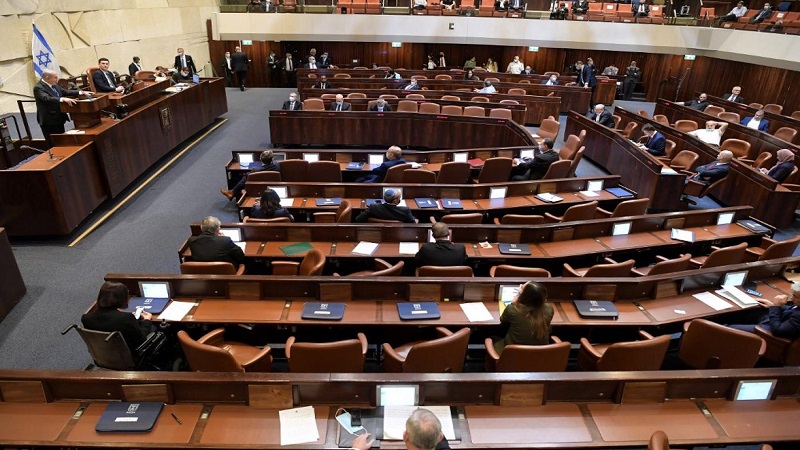Israel’s Knesset passed legislation late Wednesday that gives the cabinet sweeping emergency powers, including the ability to declare a national emergency and impose restrictions to curb the spread of the novel coronavirus.
The legislation grants the government overarching powers to impose restrictions on the public until June 2021, and replaces a law passed on 7 July that allowed the government to impose restrictions and later seek approval from the Knesset.
Under the previous law, executive branch decisions would go into immediate effect before any debate and or vote in parliament, and then could only be rescinded only if the Knesset failed to approve the measure or did not vote on it within seven days.
The new law gives the Knesset 24 hours to greenlight or reject Covid-19 regulations before they take effect.
Under the rules prior to 7 July, such government decisions had to be approved before implementation by the Knesset’s Coronavirus Committee or another relevant panel.
Opponents of the new measure have argued the process is meaningless, since any special measures issued during a national emergency automatically go into effect without any review from the country’s legislative body.
The law will severely limit the Knesset’s checks and balances over Israeli coalition government orders related to lockdowns and public restrictions.
Protests, arrests in Jerusalem
The passing of the controversial measure comes amid protests, arrests and a second wave of Covid-19 that has hit Israel this week.
Dozens of activists blocked the Knesset’s three entrances on Wednesday morning in protest of the bill.
On Tuesday night, Israeli police arrested 34 protesters for suspected disorderly conduct in Jerusalem on Balfour Road, where the official residence of Prime Minister Benjamin Netanyahu is located.
The demonstrators were made up of two groups, one calling for the resignation of Netanyahu over charges of bribery, fraud and breach of trust, and the other led by restaurateurs who are distributing food and marching against the government’s handling of the economic crisis caused by the coronavirus pandemic.
Netanyahu could face a maximum sentence of 10 years in prison if he is found guilty of bribery, and three years in for fraud and breach of trust.
Source: Middle East East






 WhatsApp us
WhatsApp us 

